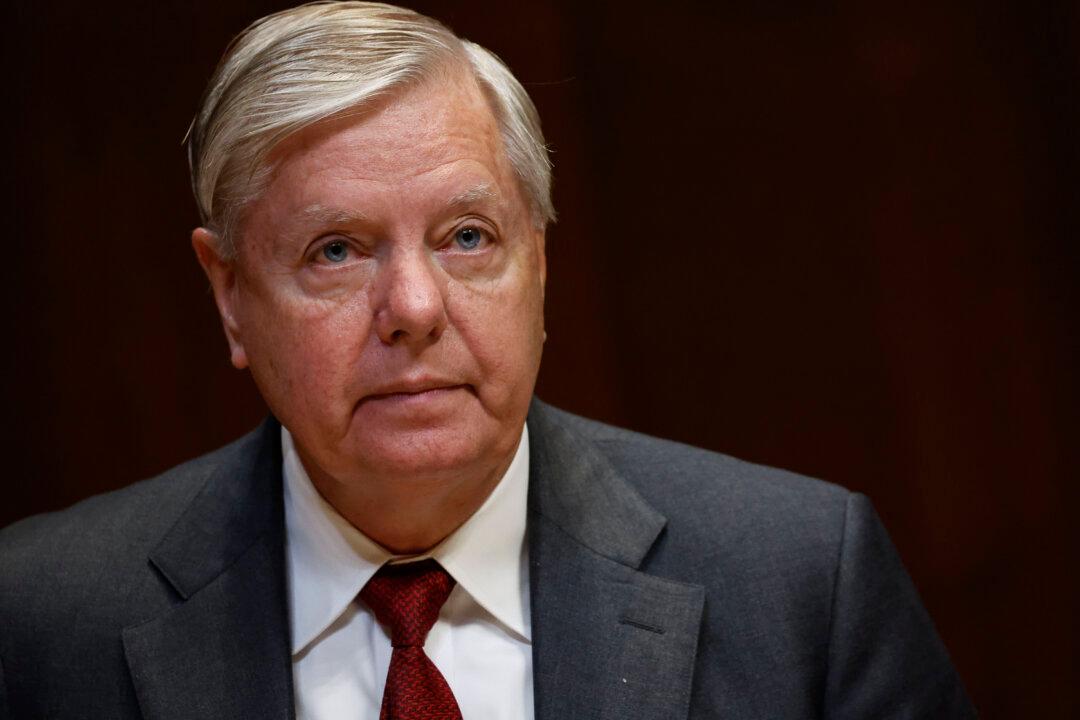Sen. Lindsey Graham (R-S.C.) has lost his bid to quash a subpoena for his testimony before a special grand jury in Georgia that’s probing possible unlawful interference in the 2020 election.
Federal judge Leigh Martin May denied Graham’s motion on Thursday, stating that “after due consideration, the Court again declines to quash the subpoena in its entirety.”




